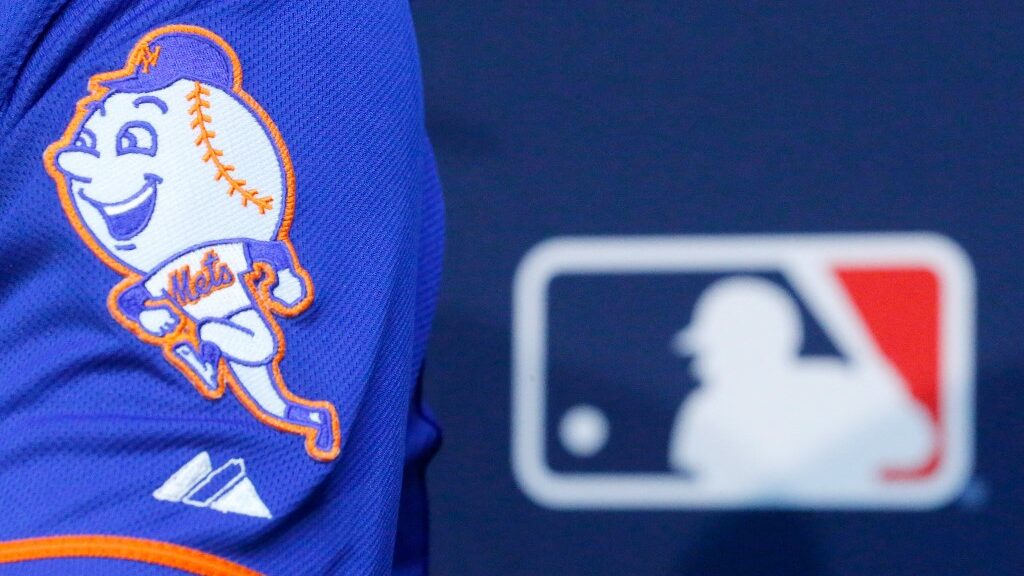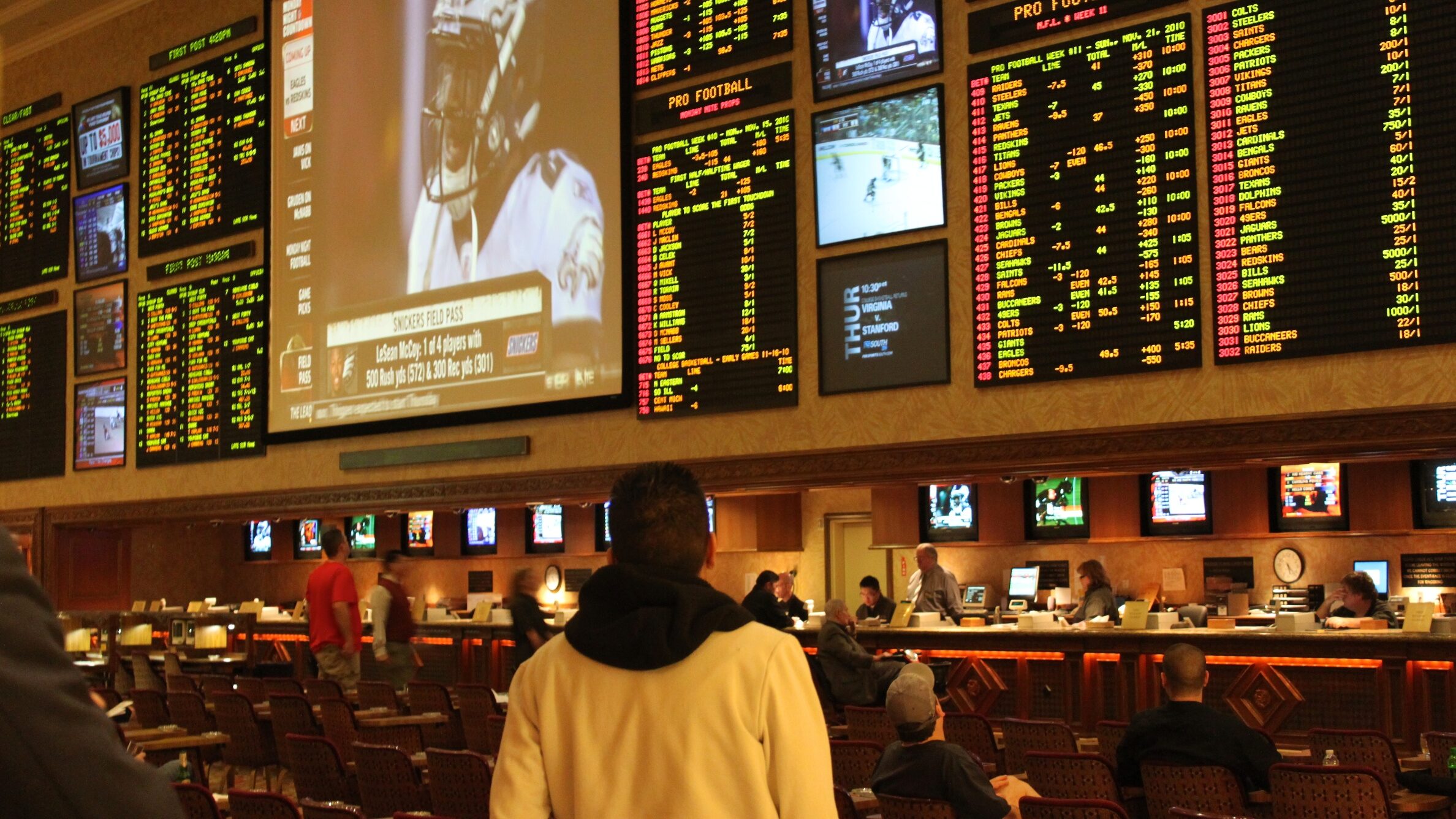
Minnesota State Senator John Marty is proposing new legislation related to sports betting in the state. Marty states in a release that none of the current legislative proposals contain “adequate safeguards” to prevent gambling addiction. His new bill aims to introduce these safeguards.
Let’s explore this new proposal and how it may impact the online sportsbook industry.
Looking for Safety
“I harbor significant concerns about allowing predatory businesses to exploit people’s risk of addiction,” says Marty. His bill closely mirrors the current Senate sports betting bill (Senate File 1949), which Sen. Matt Klein authored.
Klein expressed satisfaction with Marty’s exploration of alternative options, despite not delving into the specifics of Marty’s new bill.
Marty says, “If we decide to implement mobile sports betting, we need safeguards. My bill takes the Senate bill and incorporates the safeguards necessary to protect the public.”
Breaking Down Minnesota’s Newest Sports Betting Bill
In contrast to Klein’s bill, Marty’s bill (Senate File 5330) includes “safeguards” against gambling addiction. One significant safeguard is a ban on advertising to any audience where more than 10% of viewers are under the age of 21.
“This will result in less profit, but I believe these are reasonable procedures,” Marty said.
Other restrictions include a daily deposit and loss limit of $500, and a monthly loss limit of $3,000, after which players are barred from betting for 72 hours. Additionally, players can only remain logged into their MN sports betting app for a maximum of four consecutive hours.
Tax Rate Increased in New Minnesota Sports Betting Bill
Marty’s solution involves increasing the revenue returned to the state. He says that currently, this figure sits between 10% and 20%, but his bill raises it to a minimum of 40%.
The bill stipulates a 40% tax on the net revenue of operators. It designates the majority of the state tax revenue for initiatives tackling gambling addiction and related issues:
- 25% for treatment programs for compulsive gambling.
- 25% for the Minnesota branch of the National Council on Problem Gambling.
- 25% for the state’s general fund.
- 25% for public school services for addiction prevention and mental health.
Under Marty’s bill, half of the sports betting revenue will go towards problem gambling treatment.
Other Differences Between the Bills
Klein’s bill calls for a 20% tax rate. Additionally, concerns over the state’s horse racing industry made Sen. Matt Klein implement an amendment to SF 1949 to increase revenue earned by Minnesota racetracks.
Marty’s bill lacks provisions for funding the two horse racing tracks, Canterbury Park and Running Aces, which are deemed essential to garnering GOP support. Klein is collaborating with Marty to reach a middle ground. He is optimistic that certain elements of this new bill will have the potential to be enacted into law.
There are two additional bills on the table, so there’s plenty of competition. It remains to be seen which one has what lawmakers are looking for.
We’ll keep you posted.














